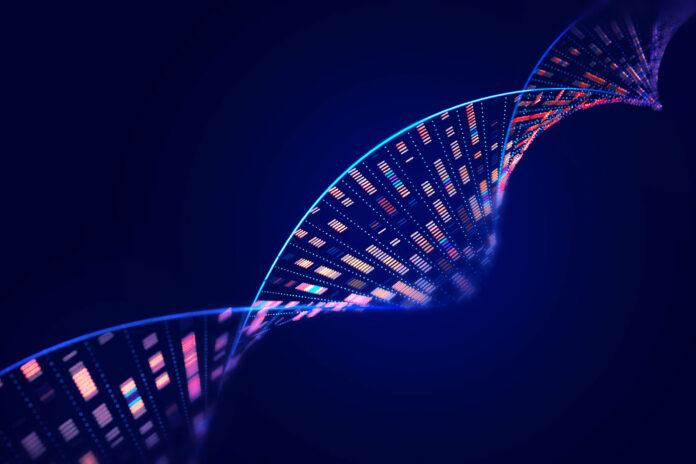
Dark genome specialist ROME Therapeutics has completed an oversubscribed $72 million Series B extension financing, bringing the total Series B amount raised to $149 million. The dark genome includes long stretches of DNA that do not encode for traditional proteins.
Boston-based ROME is developing therapies for a range of diseases, including autoimmune disease, cancer, and neurodegeneration. The company plans to use the funds raised in this Series B extension to advance its lead drug candidate, an inhibitor of LINE-1 reverse transcriptase (RT), through early clinical trials to evaluate safety and determine optimal dose, and additional studies designed to show proof of mechanism in autoimmune disease.
“The capital from this raise enables us to progress our lead program into clinical trials and advance our pipeline and platform—collectively demonstrating the ability to translate our unique understanding of the dark genome, specifically the viral-like elements within it, into transformative therapies,” said Rosana Kapeller, MD, PhD, president, CEO and co-founder of ROME.
The financing expands ROME’s investor syndicate to include Johnson & Johnson Innovation-JJDC, Bristol Myers Squibb, Eurofarma Ventures, Luma Group, Mirae Asset Capital, and family offices Raycap and Sigmas Group. Existing investors ARCH Ventures, GV, Section 32, Sanofi Ventures, Andreessen Horowitz, Mass General Brigham Ventures, Casdin Capital, and Alexandria Venture Investments also participated in the round.
“We’re proud to have strong support from such high-quality investors, including strategic investment funds from four pharmaceutical companies whose participation demonstrates significant industry interest in the breakthrough potential of our lead development candidate in autoimmune disease and our platform architectured to unlock the dark genome for drug discovery and development,” said Kapeller.
The dark genome is primarily made up of repetitive elements, or repeats, which consist of different families. These include: LINEs (long interspersed elements; 21%), SINES (short interspersed elements; 15%), including the Alu elements, and HERVs (human endogenous retroviruses, 9%). Other repeats range from small, simple sequence repeats to large arrays of tandem repeats at the center and ends of chromosomes
LINE-1 RT is a viral-like protein encoded by the LINE-1 element, whose activity triggers innate immune responses that contribute to the development of autoimmune diseases. LINE-1 RT is expressed in diseased, but not healthy, cells and therefore LINE-1 RT inhibitors may block pathogenic inflammation without compromising response to infection. ROME plans to develop the drug candidate for a number of serious autoimmune conditions, including lupus, in which LINE-1 is aberrantly expressed.
ROME also plans to continue advancing both its early pipeline and its proprietary data science platform that allows the company to identify functionally active repeat elements and assess their roles in disease. Using this platform, ROME is progressing several additional programs that are first-in-class therapeutic opportunities for autoimmune disease, cancer, and neurodegeneration. The platform also informs ROME’s clinical trial designs.
“The significant interest in this fundraise, particularly given the challenges of the current financing environment, is testament to the ROME team, science, and opportunities,” said Jeff Hatfield, chair of ROME’s board of directors. “We’re delighted to have attracted both premier venture capital groups as well as industry-leading strategic pharma investment groups to join us in charting ROME’s next chapter as a clinical-stage company.”













